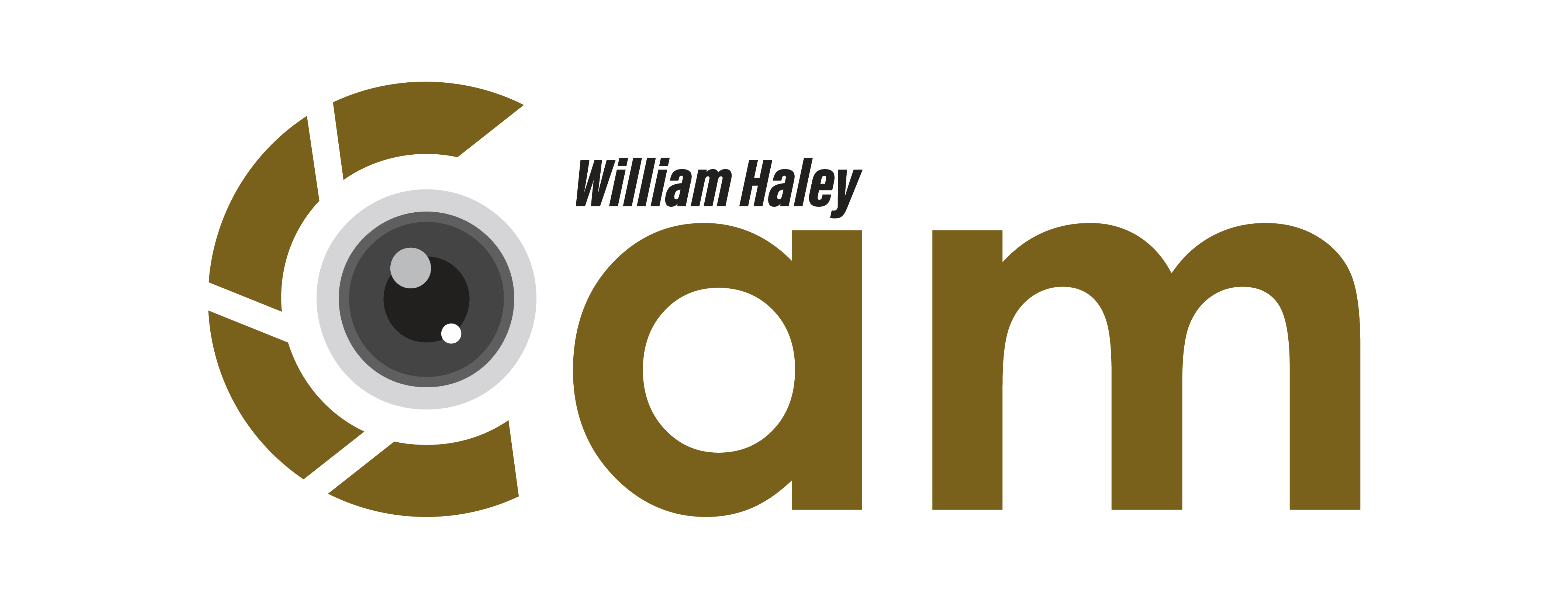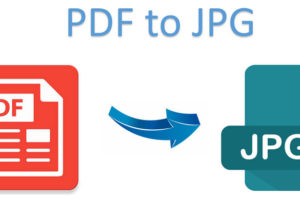In today’s highly competitive business environment, managing sales data efficiently is key to achieving success. Optimizing client interactions, increasing revenue, and streamlining processes are all possible with the correct Customer Relationship Management (CRM) software. These days, Zoho CRM and Salesforce are two of the best CRM options accessible. This post compares various systems in-depth with an emphasis on how well they handle sales data, providing insights for those pursuing a business analyst course or business analysis course.
Overview of Zoho CRM and Salesforce
Both Zoho CRM and Salesforce are robust CRM systems made to enhance company operations by managing sales data effectively. One of the most popular Zoho suite products, Zoho CRM is known for its robust integration features and reasonable price. Salesforce, a pioneer in the CRM industry, offers a highly customizable and comprehensive platform that serves businesses of all sizes.
Key Features of Zoho CRM
Zoho CRM is equipped with several features aimed at simplifying sales data management and boosting overall efficiency:
● Customizable Dashboards and Reports: With Zoho CRM, customers can customize reports and dashboards to track important parameters and learn more about sales success. These tools help users create personalized views of their sales data, making it easier to spot trends and opportunities.
● Workflow Automation: A standout feature of Zoho CRM is its workflow automation, which automates routine tasks like lead scoring, email notifications, and data entry. This feature reduces manual work, allowing sales teams to focus on higher-value activities.
● Integration with Zoho Suite: Zoho CRM seamlessly integrates with other applications within the Zoho suite, such as Zoho Books, Zoho Projects, and Zoho Campaigns. This integration fosters a unified ecosystem that boosts productivity and simplifies business processes.
● Lead and Contact Management: Zoho CRM excels in managing leads and contacts. The platform enables users to capture leads from various sources, manage contact details, and track interactions throughout the sales cycle, ensuring that opportunities are not missed and that customer relationships are effectively nurtured.
For those studying a business analyst course or business analysis course, understanding these features can provide valuable insights into how CRM tools support business processes.
Important Salesforce Features
Salesforce is renowned for both its vast feature set and great degree of customization:
● Advanced Analytics and Reporting: Salesforce has advanced analytics and reporting capabilities, enabling customers to generate comprehensive reports and dashboards that give profound insight into sales success. The platform’s AI-powered analytics help businesses make informed, data-driven decisions and forecast future sales trends.
● Customization and AppExchange: Because of Salesforce’s great degree of customization, companies may use the platform to meet their unique requirements. The Salesforce AppExchange offers thousands of third-party apps and integrations, allowing users to extend the platform’s functionality.
● Sales Automation: From lead generation to contract close, Salesforce’s sales automation capabilities streamline the whole sales process. The platform automates tasks such as follow-up emails, task assignments, and pipeline management, ensuring a consistent and efficient sales workflow.
● Collaboration Tools: Salesforce includes collaboration features that enhance communication and teamwork within sales teams. Tools like Chatter, Salesforce’s social collaboration tool, allow team members to share updates, work together on deals, and stay informed about key activities.
Students enrolling in a business analyst course will benefit from learning how these characteristics may be used to improve sales processes and data management.
Comparing Pricing Models
● Pricing for Zoho CRM: With its range of price options, Zoho CRM is affordable for companies of all kinds. Generally more affordable than Salesforce, Zoho CRM’s plans cater to startups, small businesses, and larger enterprises. The platform’s flexible pricing allows businesses to select a plan that aligns with their budget and operational needs.
● Salesforce Pricing: Because of its wide customization possibilities and feature set, Salesforce is usually more expensive. The platform offers multiple pricing tiers, ranging from the Essentials plan for small businesses to the Unlimited plan for large enterprises. Although Salesforce’s pricing is higher, it provides unmatched flexibility and scalability.
Ease of Use and User Experience
● Zoho CRM User Experience: Zoho CRM is praised for its user-friendly interface and ease of use. Its intuitive design makes it straightforward for users to navigate and manage their sales data. Moreover, Zoho CRM provides a wealth of assistance and documentation to enable customers to get the most out of the platform.
● Salesforce User Experience: Salesforce delivers a powerful and feature-rich user experience, but its complexity can be daunting for new users. The platform’s vast array of features and customization options require a learning curve. However, Salesforce offers robust training and support resources, including the Salesforce Trailhead learning platform, to help users master the software.
Scalability and Suitability for Different Business Types
● Zoho CRM for Small to Medium-Sized Businesses: Zoho CRM is particularly well-suited for small to medium-sized businesses. Because of its low cost, ease of use, and robust integration possibilities, it’s the perfect option for companies trying to simplify their sales data administration without breaking the bank. Zoho CRM is also scalable, allowing it to grow alongside the business, accommodating increased data and user needs.
● Salesforce for Large Enterprises: Salesforce is ideal for large businesses with sophisticated sales processes and extensive customisation needs. Salesforce’s ability to handle intricate workflows and provide detailed analytics ensures that it can meet the needs of large organizations.
Final Verdict: Zoho CRM vs Salesforce
The choice between Zoho CRM and Salesforce is based on your company’s unique requirements and goals. Small and medium-sized businesses will find Zoho CRM’s affordable and user-friendly solution ideal. It is a flexible tool for handling sales data because of its features that may be customized and its interface with the Zoho suite.
Salesforce, with its extensive feature set and high level of customization, is better suited for large enterprises with complex sales processes. While it requires a higher investment, the platform’s scalability and advanced analytics capabilities offer significant value for businesses seeking to optimize their sales data management.
Both platforms have unique strengths, so it’s important to consider your business size, industry, and specific requirements when making a decision. Whether you choose the affordability and simplicity of Zoho CRM or the comprehensive capabilities of Salesforce, both platforms can greatly enhance your sales data management efforts.
Conclusion
In summary, both Zoho CRM and Salesforce provide robust solutions for managing sales data. Small to medium-sized companies looking for an inexpensive, user-friendly platform can benefit greatly from Zoho CRM, but Salesforce is more suited for larger organizations with sophisticated capabilities and high levels of customization. Evaluating your business’s specific needs will guide you in selecting the right CRM to drive sales growth and strengthen customer relationships. For students and professionals pursuing a business analyst course or business analysis course, understanding the benefits and shortcomings of these platforms is critical for guiding organizations on the most effective CRM strategy.
Business Name: ExcelR- Data Science, Data Analytics, Business Analyst Course Training Mumbai
Address: Unit no. 302, 03rd Floor, Ashok Premises, Old Nagardas Rd, Nicolas Wadi Rd, Mogra Village, Gundavali Gaothan, Andheri E, Mumbai, Maharashtra 400069, Phone: 09108238354, Email: enquiry@excelr.com.







